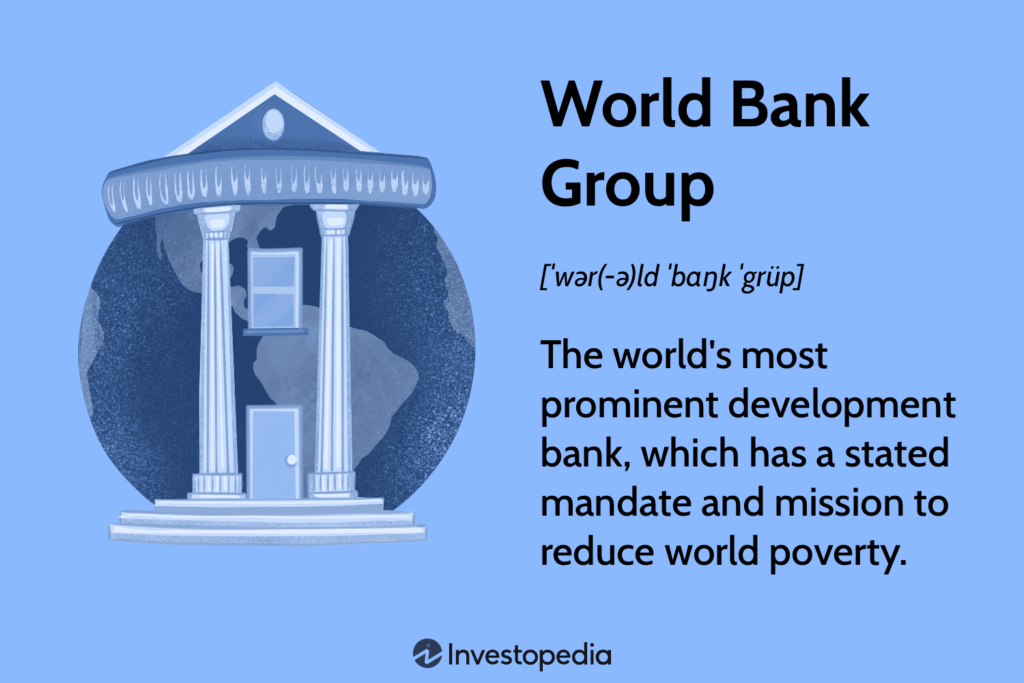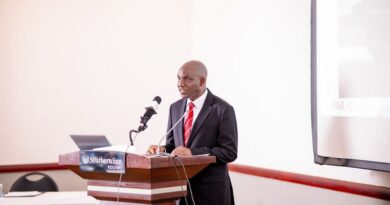World Bank Group Expands Crisis Toolkit to Aid Nations Amidst Growing Challenges
The World Bank Group has announced the approval of a comprehensive set of tools aimed at empowering developing countries to navigate and respond effectively to emergencies.
With crises becoming the “new normal” in today’s world, the expanded Crisis Preparedness and Response Toolkit seeks to provide vital support to nations grappling with multifaceted challenges.
This groundbreaking initiative, unveiled today, builds upon lessons learned from past crisis responses and significantly broadens the range of resources available to countries.
Among the key components of the expanded toolkit are measures designed to provide fast access to emergency funding, enhance financial preparedness, and bolster protection against catastrophic events.
One of the flagship features of the new toolkit is the Rapid Response Option, which enables countries to swiftly redirect unused funds from ongoing projects towards emergency needs during crises.
This innovative approach ensures that essential resources are readily available to address immediate priorities such as food and shelter in the aftermath of disasters like hurricanes.
Additionally, the World Bank Group is ramping up access to pre-arranged financing for emergency response, allowing countries to build greater financial resilience and readiness for future crises.
By providing expedited access to funding for budget support in times of disaster, nations can effectively manage the impact of emergencies without compromising their long-term development goals.
Moreover, the expanded toolkit includes enhanced catastrophe insurance options, offering increased protection against large-scale disasters.
Through mechanisms such as catastrophe bonds and insurance products, countries can mitigate financial risks and access vital funds in the event of a crisis, without resorting to additional debt.
These initiatives are complemented by other key components of the Crisis Toolkit, including the Climate Resilient Debt Clauses (CRDC), which prioritize disaster recovery over debt repayment for small states.
By enabling countries to defer loan payments in times of crisis, the CRDC ensures that critical resources are directed towards essential services such as clean water, food, and power.
Furthermore, the World Bank Group is extending support to private sector clients, facilitating crisis preparedness and response to safeguard businesses and protect jobs.
Initiatives such as private sector-led crisis response solutions and integration of climate change impacts into loan instruments demonstrate a concerted effort to promote resilience and sustainability in the face of evolving challenges.
Through its continued commitment to crisis prevention, preparedness, and resilience, the World Bank Group reaffirms its role as a steadfast partner to developing countries.
The expanded Crisis Toolkit represents a significant milestone in the organization’s evolution, underscoring its dedication to assisting nations in navigating the complexities of an increasingly uncertain world.



